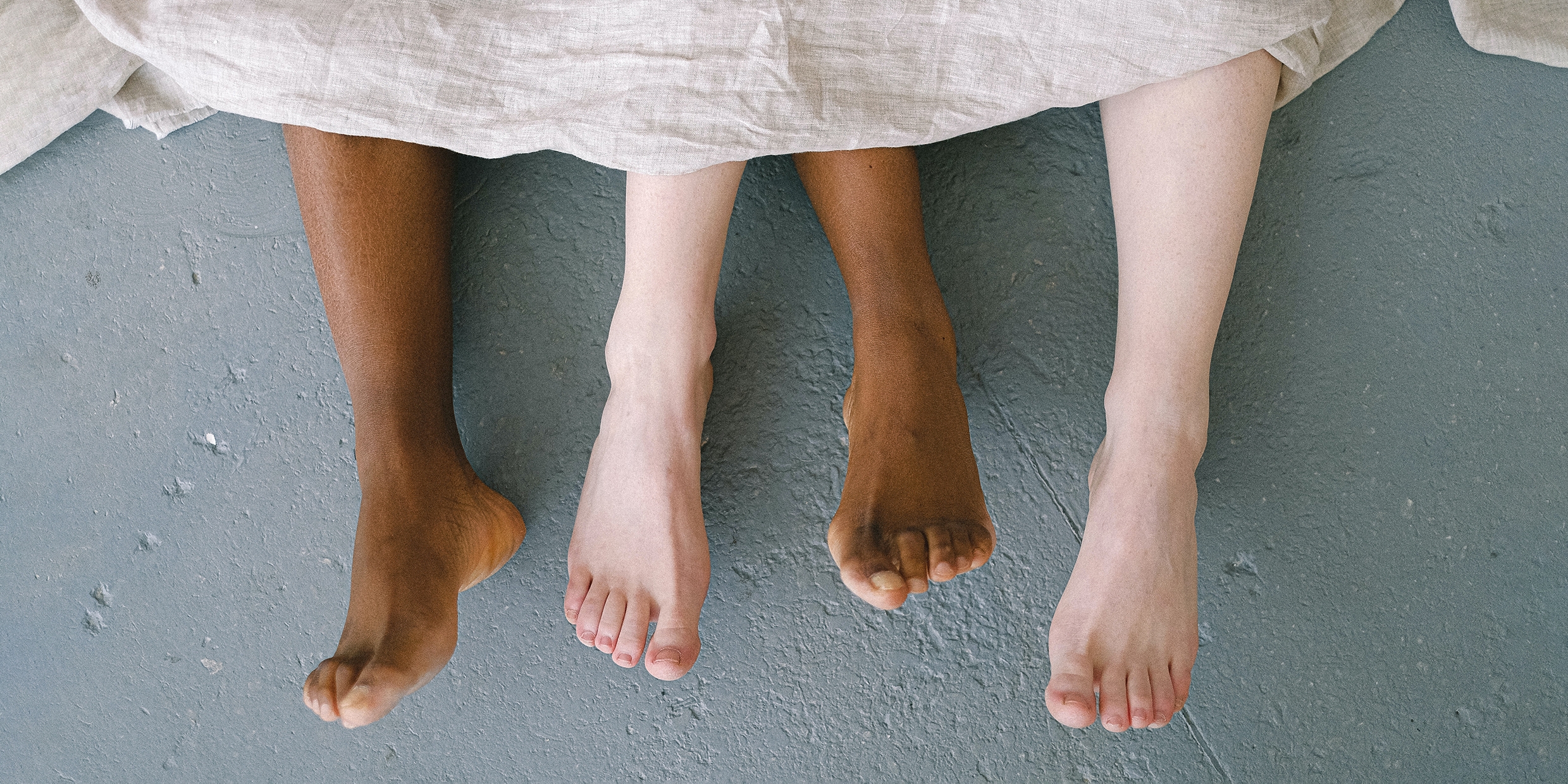Originally published 13 February 1995
“What’s the story of love?”
I posed the question to Dr. Henry Testosterone, noted evolutionary biologist.
“Valentine’s Day is coming up,” I said. “Readers will be interested to know why sex evolved.”
“Ah, an interesting question,” he replied, “and hotly debated among my colleagues.”
His response took me by surprise.
“I had thought the question was settled long ago,” I said. “When I was in school, all the biology books said sex evolved to produce genetic variation — a shuffle of the genes with each generation. According to Darwinian theory, variation helps a species adapt to a changing environment.”
“True enough,” said Testosterone. “The genetic variation theory held the court for a hundred years. But recently biologists have discovered that asexually-reproducing species can adapt just as quickly to a changing environment.”
“Huh…?”
“For example, dandelions reproduce without sex, and look how successfully they compete with sexually-reproducing plants.”
“Then why…?”
“There are lots of theories,” said Testosterone. “Perhaps sex evolved as a way of repairing DNA damage. Perhaps as a way of helping organisms keep ahead of the changing stratagems of pathogens and parasites. Or maybe sex is a biological quirk that became embedded in the genes with our bacterial ancestors and has been around ever since. And so on.”
“Surely one theory holds sway?”
“The one thing all biologists agree upon is that sex is exceedingly costly.”
“Costly?” I was thinking of the 60 bucks I had just shelled out for long-stemmed roses.
“The time and energy spent finding and courting a partner are exceedingly great for most sexual species — time and energy that could be better spent seeking food and evading predators.”
I began remembering song lyrics of my youth: “The price of love, the price of love, the debts you pay with tears and pain…”
“Exactly. It is far more efficient to reproduce by cloning, budding, or parthenogenesis — virgin birth — none of which requires a partner. Lots of asexual species do quite well, thank you.”
“It makes me hurt so bad to see you again…”
“Pity the poor peacock that must carry around a mass of gaudy feathers — attractive to peahens, perhaps, but conspicuous to predators. Or the ram that must grow burdensome horns so that he can butt heads with his rivals.”
“…like needles and pins.”
“Sex is also a terribly effective way of spreading pathogens and parasites. Sexually transmitted diseases.”
“For every little kiss there’s a little teardrop, for every single thrill there’s another heartache…”
“And males. Males are the most wasteful thing of all. They provide genes but little else. A quick tumble in the sack, then they are off to the fridge for a beer or to turn on the TV to watch football. In most species, females get stuck with the nitty gritty of raising the young.”
“…Yes, love is a hurtin’ thing.”
“There’s a sea anemone that lives along the Pacific coast of the United States and Canada that comes in two varieties, sexual and asexual. The asexual anemones reproduce by dividing down the middle — cloning, if you will. They seem to do as well, perhaps better, than the sexual anemones. The clones all live happily together without competition or the bother of sex.”
I remembered reading somewhere that a typical male thinks about sex every 20 seconds. Or is it 20 minutes? In any case, we waste a lot of time and energy. I was beginning to understand what Testosterone meant by the costs of sex.
He continued: “Since sex is so costly, Darwinian theory requires that it must confer some great benefit upon sexually-reproducing organisms. It’s surprising, really, that it is so hard for biologists to figure what the benefit is.”
I mused, “When a man loves a woman, can’t keep his mind on nothing else…”
“…he’d trade the world for the good thing he’s found,” added Testosterone, with uncharacteristic romance. Perhaps he was taken by the charm of the season.
“Only love can break a heart…”
“Only love can mend it again.”
“Yeah,” I said, reverting to scientific objectivity. “But how does that fit in with Darwinian theory?”
“Don’t know,” replied Testosterone. “That’s the story of…”
“That’s the glory of…”
“Love.”



